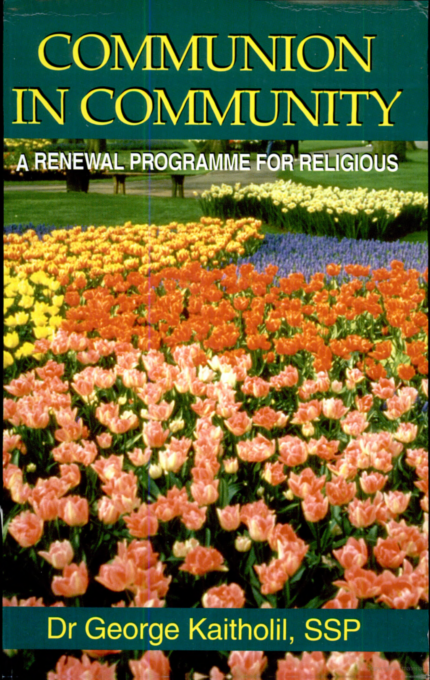JOY OF BELIEVING
₦1,250.00
The Joy of Believing
Believing is a powerful force that can bring immense joy and fulfillment to our lives. Whether it is believing in ourselves, in others, or in something greater than ourselves, the act of belief opens up a world of possibilities and can lead to a profound sense of happiness.
Believing in Yourself
One of the most important aspects of finding joy through belief is having faith in yourself. When you believe in your abilities and potential, you are more likely to take risks, pursue your dreams, and overcome obstacles. This self-belief gives you the confidence and motivation to strive for success, and the satisfaction that comes from achieving your goals is unparalleled.
Believing in Others
Believing in others can also bring great joy. When we have faith in the abilities and potential of those around us, we create a supportive and encouraging environment. By trusting and supporting others, we not only help them to reach their full potential, but we also build strong and meaningful relationships. The joy that comes from seeing others succeed and knowing that you played a part in their journey is truly uplifting.
Believing in Something Greater
Believing in something greater than ourselves, whether it is a higher power, a purpose, or a cause, can bring a deep sense of meaning and fulfillment to our lives. This belief gives us a sense of purpose and guides our actions and decisions. It provides comfort and strength during challenging times and allows us to find joy in the journey, knowing that we are part of something bigger than ourselves.
In conclusion, the joy of believing is a transformative and uplifting experience. By believing in ourselves, in others, and in something greater, we can unlock our full potential and find true happiness. Embrace the power of belief and discover the joy that it brings.
Size and packaging guidelines
Fermentum scelerisque hendrerit parturient nullam enim lobortis litora parturient dictumst.
Potenti a quisque tincidunt venenatis adipiscing parturient fermentum nisl tincidunt amentu.
Scelerisque conubia lobortis a condimentum ad eleifend dui integer maecenas habitant nostra.
| Specification | Chair | Armchair | Sofas |
| Height | 37" | 42" | 42" |
| Width | 26.5" | 32.5" | 142" |
| Depth | 19.5" | 22.5" | 24.5" |
| Assembly Required | No | No | Yes |
| Packaging Type | Box | Box | Box |
| Package Weight | 55 lbs. | 64 lbs. | 180 lbs. |
| Packaging Dimensions | 27" x 26" x 39" | 45" x 35" x 24" | 46" x 142" x 25" |
MAECENAS IACULIS
Vestibulum curae torquent diam diam commodo parturient penatibus nunc dui adipiscing convallis bulum parturient suspendisse parturient a.Parturient in parturient scelerisque nibh lectus quam a natoque adipiscing a vestibulum hendrerit et pharetra fames nunc natoque dui.
ADIPISCING CONVALLIS BULUM
- Vestibulum penatibus nunc dui adipiscing convallis bulum parturient suspendisse.
- Abitur parturient praesent lectus quam a natoque adipiscing a vestibulum hendre.
- Diam parturient dictumst parturient scelerisque nibh lectus.
Scelerisque adipiscing bibendum sem vestibulum et in a a a purus lectus faucibus lobortis tincidunt purus lectus nisl class eros.Condimentum a et ullamcorper dictumst mus et tristique elementum nam inceptos hac parturient scelerisque vestibulum amet elit ut volutpat.























Reviews
There are no reviews yet.